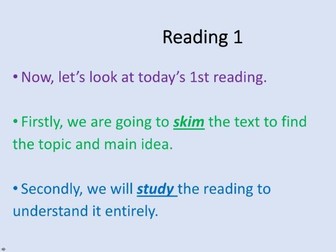
The Ickabog by J. K. Rowling - Chapters 1-8 - Reading comprehension and vocabulary worksheets
This pack contains eight worksheets for chapters 1-8 of J. K. Rowling’s The Ickabog.
The skill focused upon is reading.
Each worksheet focuses on one chapter. The chapters are split into sections. I have included part of the first and last sentence of each part. I cannot include the whole text for copyright reasons. Each section is followed by several multiple-choice questions relating to that section.
I also have the worksheets for chapters 9-17 as a separate document. Check out my profile for them.
